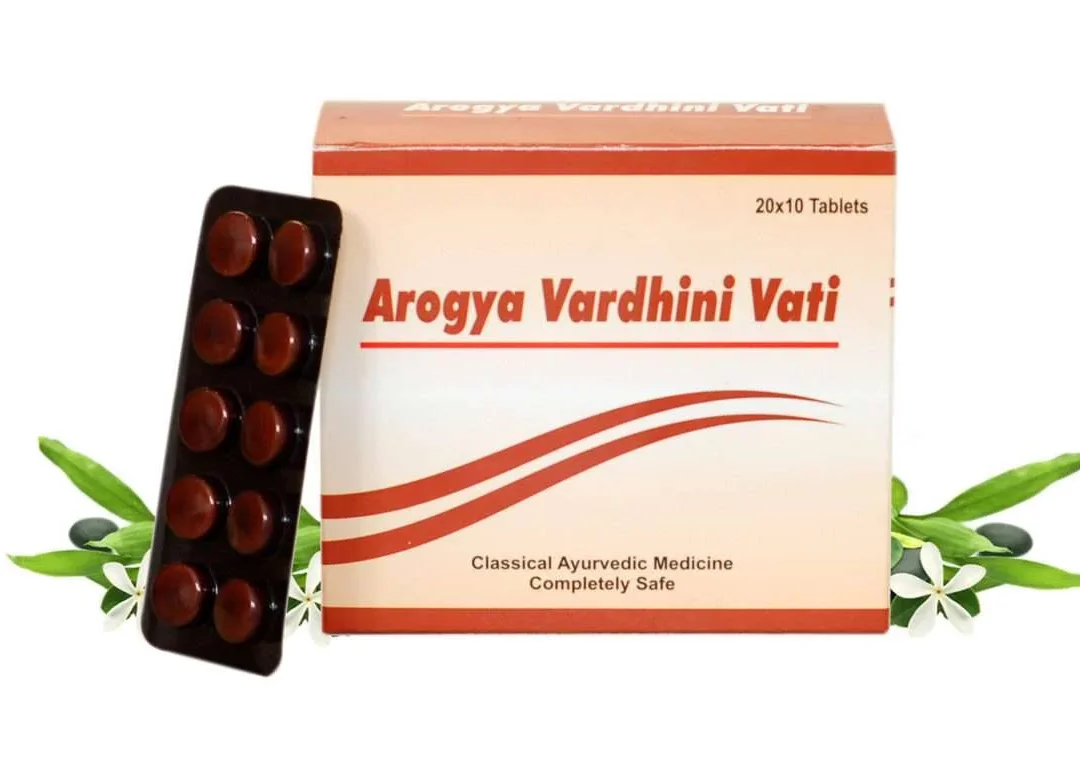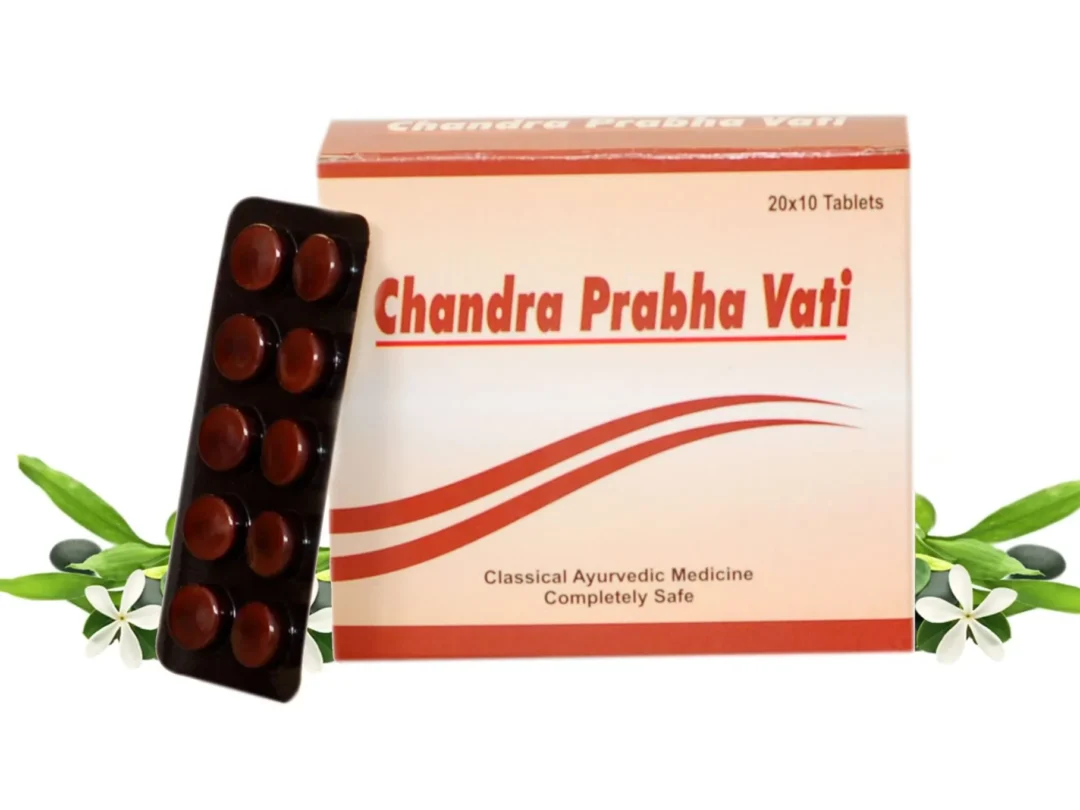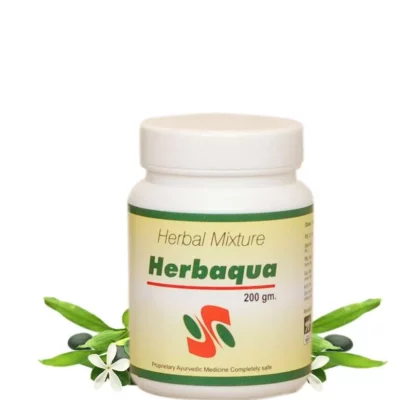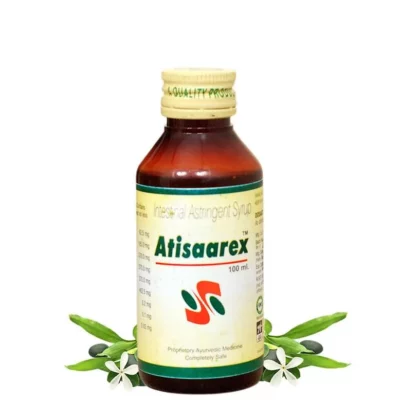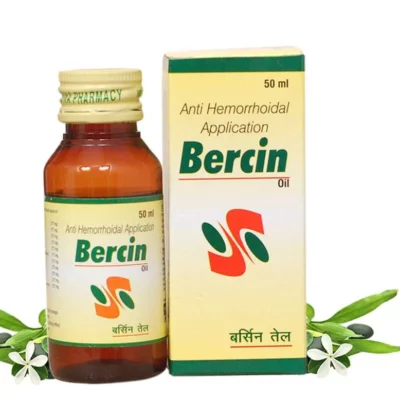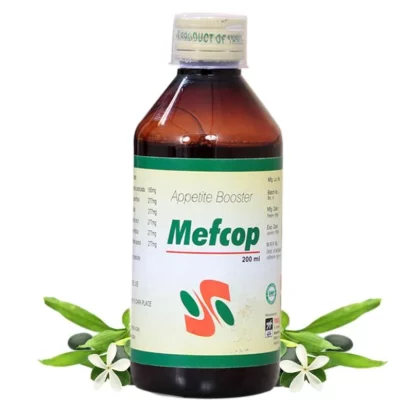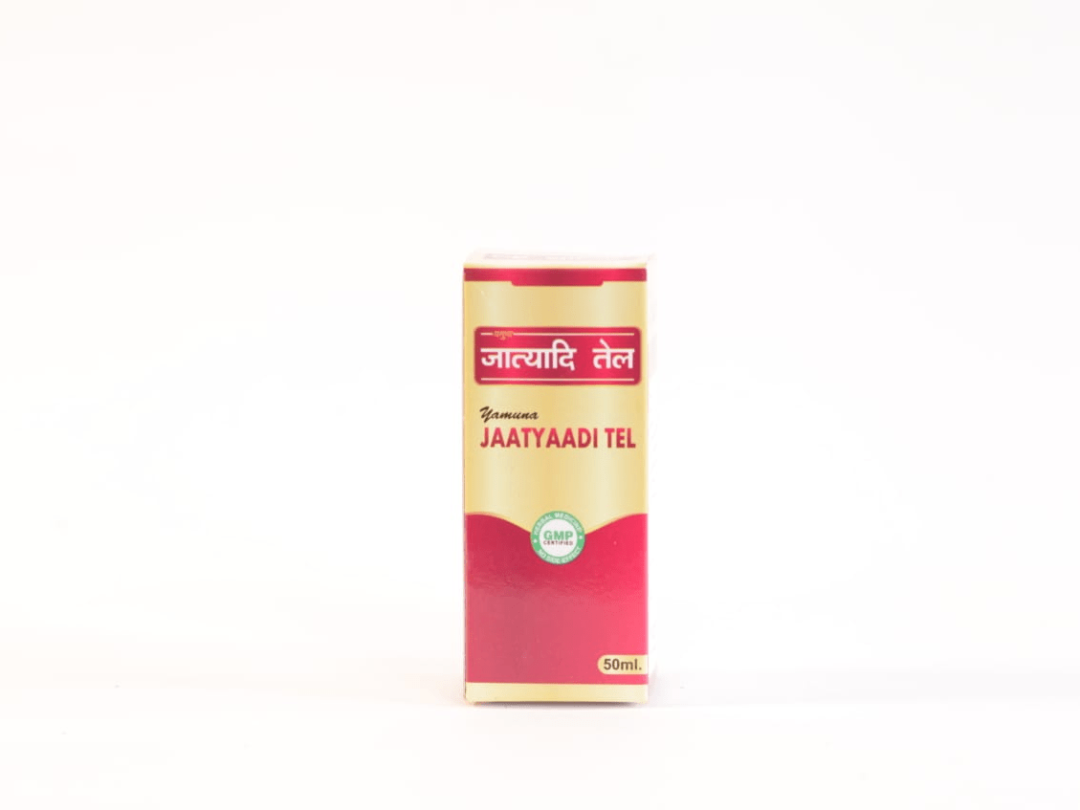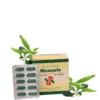Ayurveda is an ancient system of medicine in the world. The term Ayurveda is derived from the Sanskrit words ayur means life and?Veda means science or knowledge. The basic concept of Ayurveda is to personalize or focus on the healing process.
Ayurvedic herbs are responsible for good health. There are plenty of excellent herbal formulations which support the Mind and Body without any side effects.
Nine great Ayurvedic Herbs which support the Body and Mind:
In today?s world, Brain-related disabilities?affect?some 25 % of all people. It takes first place on the list of one?s health concerns. Ayurvedic approach supports the mind, body, stress level and provides strength in natural way.
Body and Mind Rejuvenation?with Ayurveda?
Medhya is an Ayurveda concept which promotes mental development and translates as mental rejuvenating agents.
Bitter herbs open the mind, increase sensitivity, awareness, and mental as well as whole body functioning. Bitter herbs have cooling and calming effect.
These below described herbs are mind and body nourishing herbs and stand out as pillars of an Ayurvedic approach.
Munakka or Draksha (Vitis vinifera):
It is an antioxidant. Vitis Vinifera is the botanical name for grapes. It has been used as a wound healer and?? anti-inflammatory.
Munakka raisins are large and soft in chewing. Munakka is used in cosmetics and personal care products because of its natural antioxidant properties. Munakka considered as an effective home remedy for many minor health problems. It is now also used for its numerous properties like it acts as antifungal, antimicrobial and anti-oxidant.
In Ayurveda, Munakka or Draksha is considered as a highly beneficial food which balances body and mind and also supports stress and memory. Vitis vinifera or Draksha lubricates the body’s channels especially the lungs. Munakka supports the brain and body, both. It balances the mind, throat, bowel and also womb. Draksha is also considered to be supportive initiator for natural fertility.
Ashwagandha (Withania somnifera):
Ashwagandha sometimes is also named as Winter Cherry or Withania.Ayurveda considers it an underground herb. The root extracts have therapeutic benefits. Crushing the fresh leaves and raw roots smelling like horse breath, hence named Ashwagandha. Ashwa means ?horse? and gandha means ?smell?. It is commonly used in Ayurveda, which effectively works on the nervous system, and acts as stress support. It?is a top mental rejuvenator. An Ayurvedic practitioner uses Ashwagandha ?for mind and body?s strength and support. Its cooling and calming effect improves healthy memory and supports a strong nervous system. This wonderful herb regulates metabolic processes and supports a naturally balanced mood. According to the recent research it is effective for sleep and stress.
Shatavari (Asparagus racemosus):
Shatavari has been used in Ayurvedic medicine and its botanical name is?Asparagus racemosus. It is an adaptogenic herb i.e. it supports the body to manage with physical and emotional stress.
- It has antioxidant properties: It helps to prevent cell damage. It has a high amount of saponin compound with antioxidant properties.
- It has anti-inflammatory properties: The Racemofuran compound found in Shatavari? has significant anti-inflammatory abilities without any serious side effects.
- It helps to boost an immune system: Shatavari acts as an immune booster which balances body and mind.
- It helps in relieving cough: Indian researcher evaluated that Shatavari root extract stopped cough.
- It may help treat diarrhoea: Shatavari is used as ancient remedy for diarrhoea and prevent dehydration and electrolyte imbalance.
Amala (Phyllanthus emblica: ?A divine Ayurvedic supplement?
It grows throughout India and bears sour-tasting gooseberry like fruits.?Another name of Amala is Amalaki.It has excellent source of Vitamin C and enhances food absorption. It also balances stomach acids. Amalaki helps to purify the?nutrient fluids and?blood. Amala fortifies the liver i.e. supports the functions of the liver and helps in eliminating toxins from the body. According to the research it helps to lower the ?bad cholesterol. Amala nourishes the brain and boosts body functioning.
It acts as a body coolant and very effective in the summers. Amlaki strengthens the eyes.
Ayurvedic tips for Amlaki:
- Balancing digestion
- Increasing energy of the body and mind
- Reducing?toxins from the body
Gokhru (Tribulus terrestris):?
Gokhru also called Gokshura, Chhota gokhru, puncture vine etc. It has been used in Ayurveda to deal with kidney and urinary problems, and also considered as an aphrodisiac (sexual desire stimulant) and libido enhancer.
Researchers have found Gokshura to possess hypotensive, anti-microbial, anti-cancer and diuretic properties. Gokshura contains alkaloids and steroidal saponins.
Gokshura is beneficial for a variety of problems such as hair fall, rheumatic?pains, low water retention capacity,?headache or stress,high blood pressure, weak nervous system,?obesity, menstruation, bed wetting, piles and eye problems.
Guduchi (Tinospora cordifolia) or Giloya:
Giloya, Guduchi, or Tinospora cordifolia holds the power to remove diseases and health problems we face today. It is a protective tonic that boosts immunity. Guduchi is a rejuvenator which has the ability to balance the body and mind. It has? antioxidant and anti-inflammatory properties. It also helps to manage diabetes and stress. Guduchi neutralises the toxaemias due to infections and brings down high fevers to normalcy.
According to Ayurveda, guduchi has the ability to remove the excess toxins and helps to boost digestion and remove waste products from the body.
Kaunch (Mucuna pruriens):
Mucuna pruriens?is the Latin name for a creeping vine that grows all over the tropical region in India.? Its common name is Cowhage.
It supports a healthy central & peripheral nervous system and also promotes the ability to handle stress. It is a natural source of levodopa (L-dopa). It supports physical balance & posture of the body. Mucuna puriens enhances libido and revitalizes both the male & female reproductive systems.
Arjuna (Terminalia arjuna):
Arjuna is a potent herb which has been widely used in Ayurvedic medicine. Especially the bark of the tree is used to make medicine. It has various properties such as anti-inflammatory and analgesic properties. These play a very important role in the treatment of cardiovascular disorders.
Arjuna has the capability to manage high blood pressure, high cholesterol and can effectively manage Coronary artery disease.
Kuchla/Kupilu (Strychnos nux vomica)
Kuchla is a herb. Its seed is used to make medicine. Nux vomica is used for diseases of the digestive tract, disorders of the?cardiovascular system, diseases of the eye, and?pulmonary diseases. It is also used for neurological disorders like depression, migraine, severe headache, blood vessel ailment called Raynaud?s disease. Other uses include treatment of anaemia. It acts as an appetite stimulant. It has very good effect on erectile dysfunction. Nux vomica contains strychnine that improves the?brain and muscles contraction.



